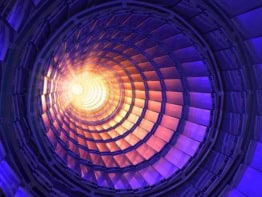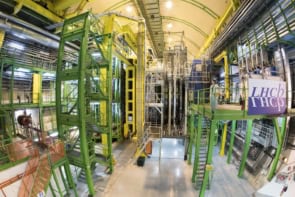The US Senate has refused to ratify the Comprehensive Test Ban Treaty (CTBT) on nuclear weapons. On Wednesday the Senate rejected the treaty by 51 votes to 48. Before the vote most observers had agreed that there was little chance of the treaty getting the two-thirds majority (67 votes) it needed to become law in the US. In rejecting the treaty the Senate ignored the advice of 32 Nobel laureates in physics and the directors of the US's three nuclear weapons labs - Los Alamos, Sandia and Lawrence Livermore. The laureates and the lab directors had all argued that nuclear tests were not needed to maintain the US's nuclear stockpile, and that the treaty actually improved the chances of detecting clandestine nuclear tests by other nations.
The treaty will only come into effect if the 44 countries that have the capability to develop nuclear weapons ratify it. Although 26 countries, including France and the UK, have ratified the treaty, Russia, China and the US have not. “This decision is a serious blow to the entire system of agreements in the field of nuclear disarmament and non-proliferation,” said Vladimir Rakhmanin of the Russian foreign ministry. The Senate is concerned that that it would be too difficult to verify whether nations are keeping to the treaty.
Despite the Senate’s decision, President Clinton has said the US would retain its moratorium against nuclear tests and abide by the terms of the test ban treaty. Joseph Rotblat, the nuclear and medical physicist who shared the 1995 Nobel Peace Prize, called the Senate’s decision “perverse”. Rotblat added that “once the treaty has come into force you have access to a world-wide network of seismic stations that can look for nuclear tests.”



